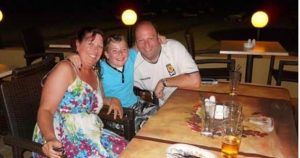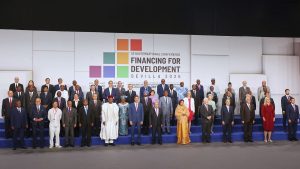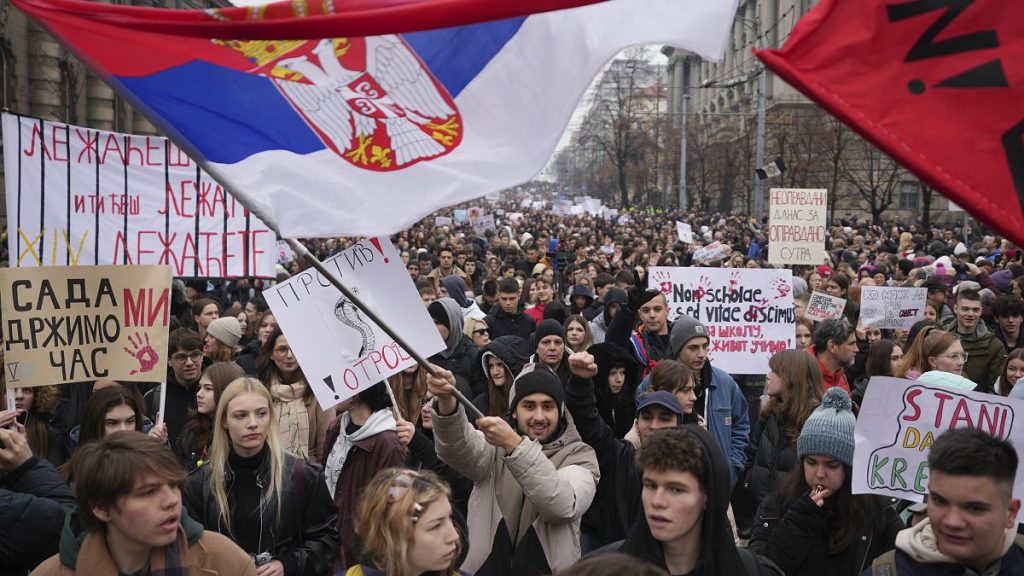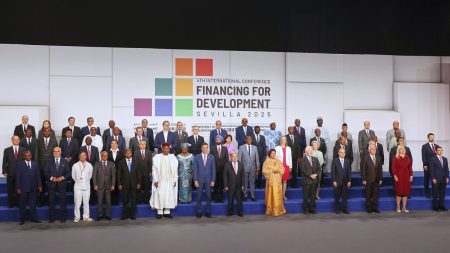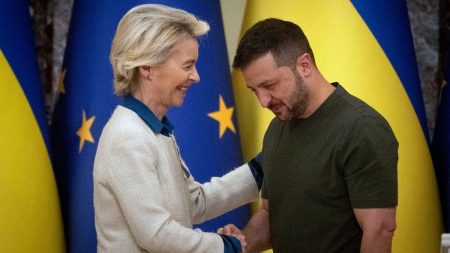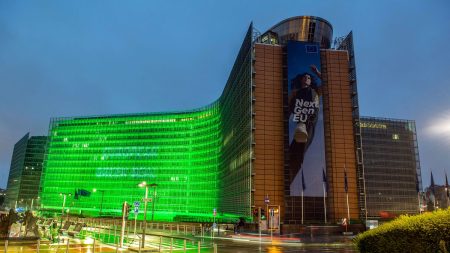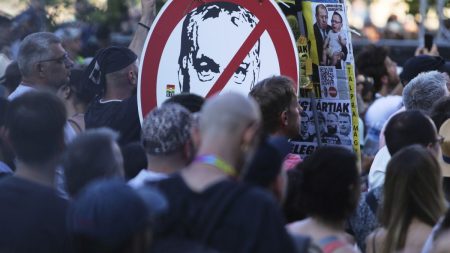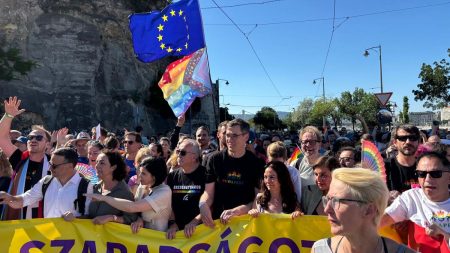The political landscape of Serbia has been significantly disrupted by widespread protests sparked by a tragic incident at Novi Sad railway station in November. The collapse of a concrete canopy, which resulted in the death of 15 people, ignited public outrage and accusations of government corruption and negligence. This sentiment was further fueled by suspicions of sloppy construction work, casting a shadow over the government’s oversight of infrastructure projects. The incident has become a focal point of discontent, prompting the largest demonstrations since President Aleksandar Vučić’s rise to power over a decade ago. The protests, primarily led by students, have gained momentum and morphed into a broader movement challenging Vučić’s increasingly authoritarian tendencies and perceived erosion of democratic freedoms.
The student-led protests have adopted diverse tactics to pressure the government, including daily traffic blockades implemented across Serbia. These blockades are timed to coincide with the exact moment of the Novi Sad canopy collapse, serving as a potent symbolic reminder of the tragedy and the demand for accountability. In a disturbing escalation of tensions, a driver rammed her car into a crowd of protesters in Belgrade, injuring a young woman. This incident followed a similar occurrence the previous week, further intensifying concerns about the safety of protesters and the potential for violence. The students’ call for a nationwide strike garnered widespread support, resulting in the closure of numerous businesses across the country, amplifying the pressure on the government.
President Vučić, facing mounting pressure from the protests, held a counter-rally in Jagodina, a stronghold of his coalition. He framed the protests as an orchestrated attack on Serbia, both from within and by external forces, attempting to link the dissent to the country’s friendly relations with Russia and China, and its refusal to impose sanctions on Moscow following the invasion of Ukraine. Vučić’s narrative sought to portray the protesters as destabilizing agents influenced by foreign interests, diverting attention from the core grievances regarding corruption and lack of accountability. While extending an olive branch by calling for dialogue with the student protesters, Vučić also announced the formation of a new political movement modeled after Putin’s United Russia, signaling his intention to consolidate power and counter the growing opposition.
The student protesters, however, have rejected any negotiations with Vučić, indicating their distrust of the president and their commitment to substantial systemic change. The ongoing protests have exposed a deep divide within Serbian society, with accusations and counter-accusations flying between the government and the demonstrators. Vučić and state-controlled media have accused the students of being manipulated by foreign intelligence services, aiming to undermine his authority and orchestrate a coup. Conversely, protesters allege they have been subjected to physical attacks by pro-government figures, raising concerns about the suppression of dissent and the shrinking space for free expression.
The protests have extended beyond traffic disruptions and strikes, encompassing widespread demonstrations in major cities across Serbia, including Belgrade, Novi Sad, and Nis. The movement has attracted support from diverse segments of society, including actors, lawyers, and academics, signaling growing disillusionment with Vučić’s rule. The lawyers’ association joined the strike, adding another layer of pressure on the government, although the full extent of participation within state-run institutions remained unclear. The protesters emphasize their unwavering commitment to achieving meaningful change and holding those responsible for the Novi Sad tragedy accountable.
The legal proceedings related to the canopy collapse have further fueled public skepticism about the government’s commitment to transparency and justice. While prosecutors charged 13 individuals, including a government minister and several state officials, the release of former construction minister Goran Vesić from detention has raised questions about the independence of the investigation and the potential for political interference. The renovation of the Novi Sad railway station, undertaken twice in recent years as part of an infrastructure deal with Chinese state companies, has also come under scrutiny, adding another dimension to the complex web of accusations and suspicions surrounding the tragic incident. The ongoing protests and the government’s response will undoubtedly shape the political trajectory of Serbia, potentially impacting its relationship with the European Union and its delicate balancing act between East and West.

